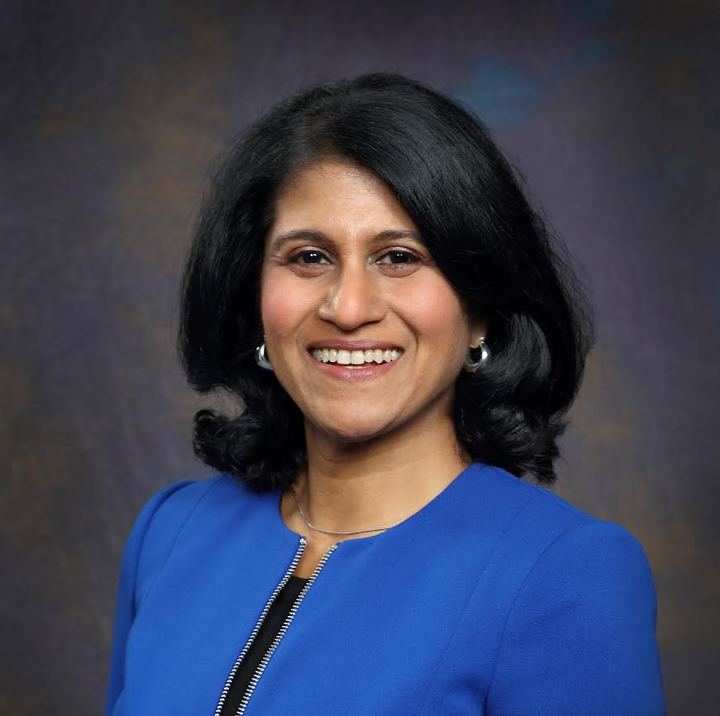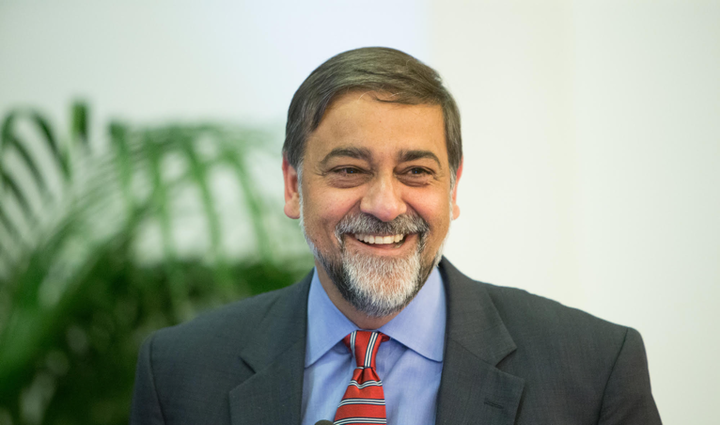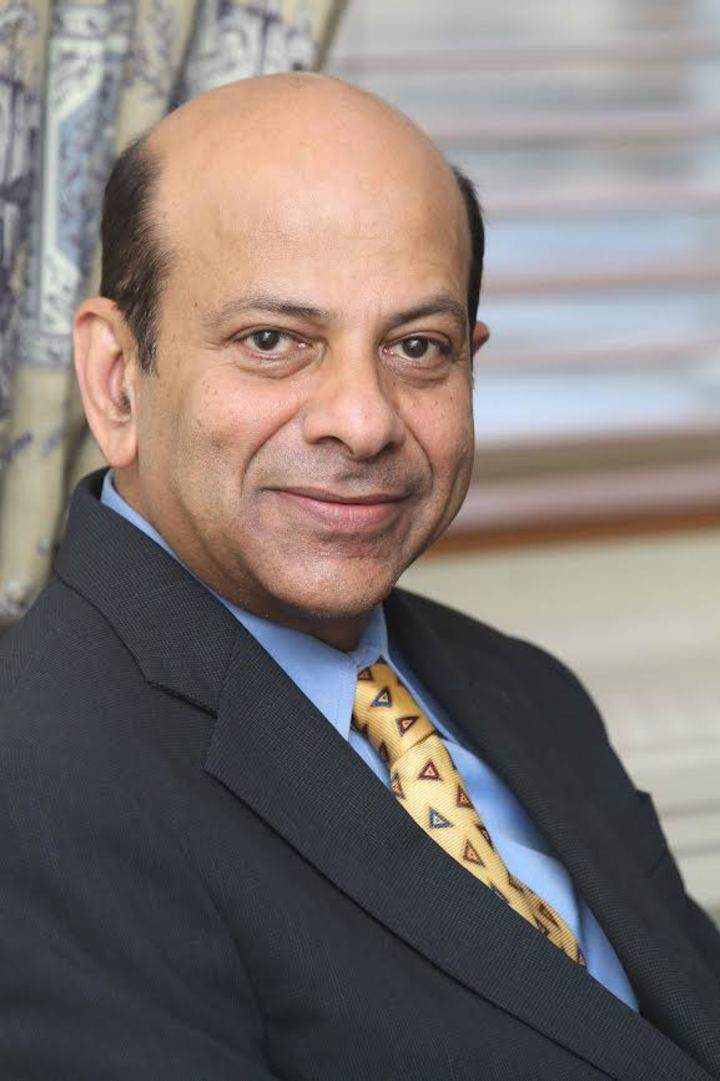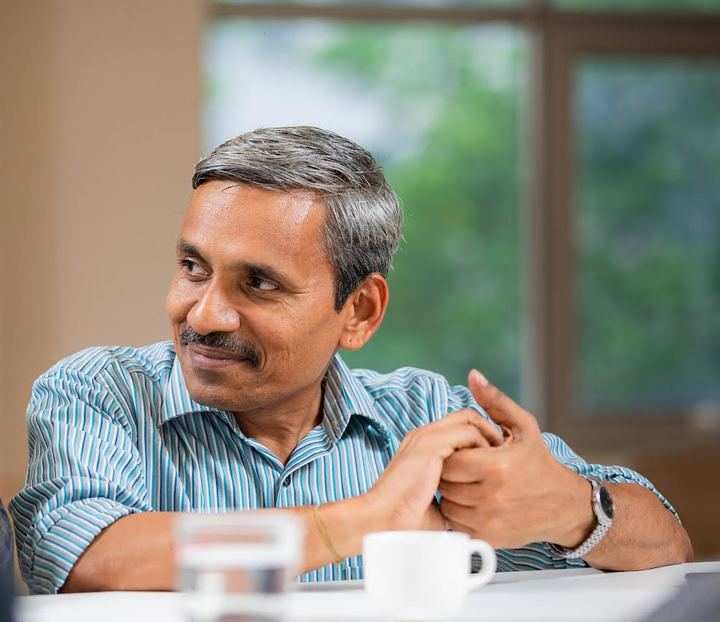Trust in science increases as Covid goes on backfoot
When Jayshree Seth, corporate scientist at 3M, was appointed the company’s first ever chief science advocate in 2018, one of the first things she did was to develop a State of Science Index, based on a global survey. The results shocked her. As many as 4 out of 10 said that if science wasn’t there, life would not be any different. And 29% said they were sceptical of science.
Worse, over the next couple of years, science scepticism actually rose. It was 32% in 2019, and 35% just before the pandemic in 2020. “People might have asked themselves, what has science done for me lately? If people are not seeing science playing a prominent role, it’s not top of mind. And what makes the news is sometimes the negative aspects,” Seth told us in an interaction.
Japan was at the bottom in the science trust score. And Seth thinks it might be because the Fukushima nuclear disaster is still fresh in the minds of Japanese.
However, scores have changed dramatically in 2021. Science scepticism, at 27%, is at its lowest since the tracking began. 56% say science is very important to their everyday life, compared to 44% in 2018. 90% say the world needs more people in STEM (science, technology, engineering and math) careers.
“As we started turning the corner on the pandemic, and vaccinations started becoming available, people saw there’s a way out of this, and hope in science emerged. They realised we have ways to mitigate, ways to manage, ways to treat, and then ways to eradicate,” Seth says.
But she also notes that when people were asked if appreciation for science would last, 41% said it may not last beyond the pandemic. “That gives us a call to action. There are sustainability challenges in the world, and we have to put science to that,” she says.
S Sivakumar, divisional chair for the sciences, and professor of physics at Krea University, says if the fruits of science research are to be useful to society, it should be accepted by society as trustworthy and beneficial. “Building trust in science is important,” he says.
Vivek Wadhwa, Distinguished Fellow at Harvard Law School’s Labour and Worklife Program, and who has written extensively on technology and its impact, says in countries where you have politicians trying to profit from disinformation, you see bigger doubts about science.
Sivakumar says It is the communication of science to the lay public that is partly the fault. It is important, he says, that scientists engage the public in the science that is going to affect their lives, and if they could demonstrate the relevant aspects of the scientific process in a manner the public can comprehend, their credibility will grow. “In short, science needs a public relations team,” he says.
Seth, whose role is precisely that, makes the same point. “Growing up, I did not see the connection between my pro-social (behaviours intended to help other people) goals and STEM careers. We talk about STEM in a very content-focused way. I’m so much more inspired by the context of solving problems,” she says. In other words, show how a chemical reaction leads to the production of steel, or how software code creates Google Search.
The problem, Seth says, is particularly acute among women. “My daughter absolutely did not want to do science because her image of science was the typical media stereotype – of a male, a maverick, a genius, an evil scientist,” she says.
Role models, she says, are also key to more women’s participation. She herself has been a great role model. She has 72 patents, including in making diaper tapes softer so that babies are more comfortable.
Sivakumar says the lay person takes his or her cue from persons of distinction. Lawmakers, he says, should capitalise on this in the trust-building exercise, by publicly visible consultations with scientists. “Science and its benefits are for everyone and the strengthened relationship between science and society will only lead to long lasting benefits for humanity,” he says.




FacebookTwitterLinkedin
For all the latest Technology News Click Here
For the latest news and updates, follow us on Google News.

